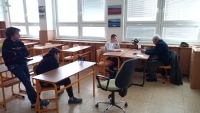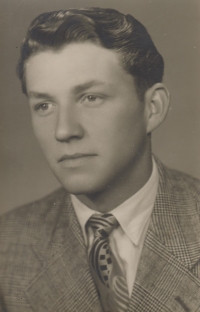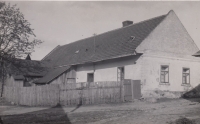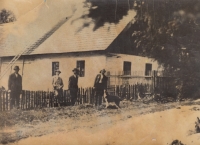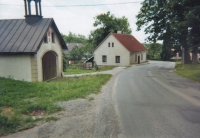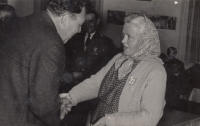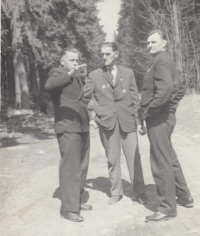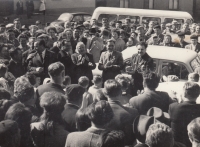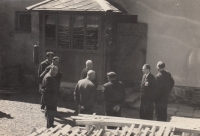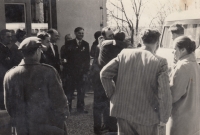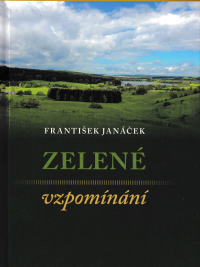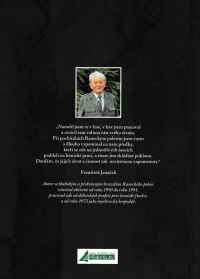When he was nine a German slapped him. But he didn’t even peep about the partisans
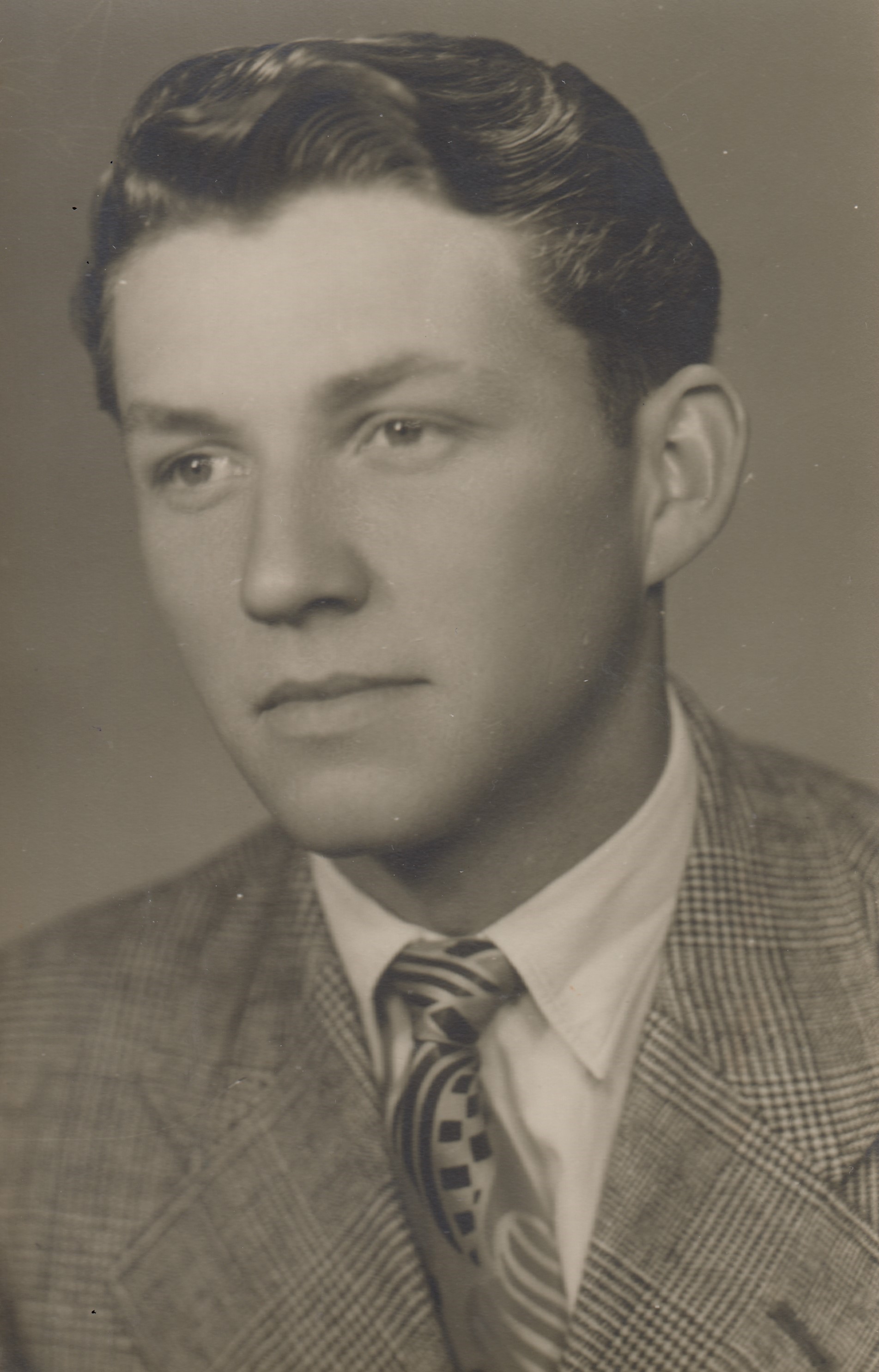
Download image
František Janáček was born on June 9, 1935 in Havlíčková Borová, he started attending elementary school in 1941 in nearby Peršíkov village. He comes from a family of foresters, his grandfather and later his father worked as gamekeepers. He was only four years old when the German soldiers arrived in March 1939, but he still remembers that moment. In December 1944, Soviet partisans came to their gamekeeper´s cabin. The family hosted them for some time, helped them, supplied them with supplies, or treated them. It was a group of Zarevo partisans with headquarters in Kyiv, which was originally supposed to help the Slovak National Uprising. Because of helping the partisans, the family was interrogated by gendarmes and František’s father was imprisoned by the Gestapo. In 1950, František passed the entrance exams to the forestry school in Písek, but was not accepted for political reasons. He worked as a gamekeeper in Hluboká near Krucemburk. In the 1960s, he graduated from a distance forestry school in Trutnov. In 2022 he lived in Hluboká near Krucemburk.
